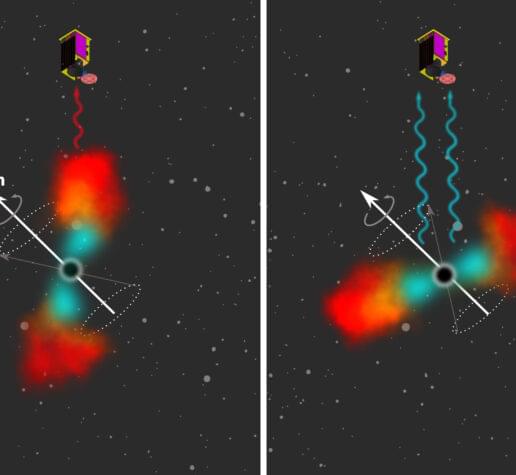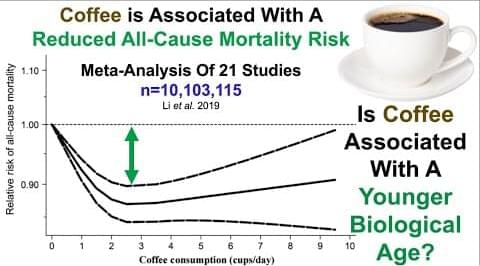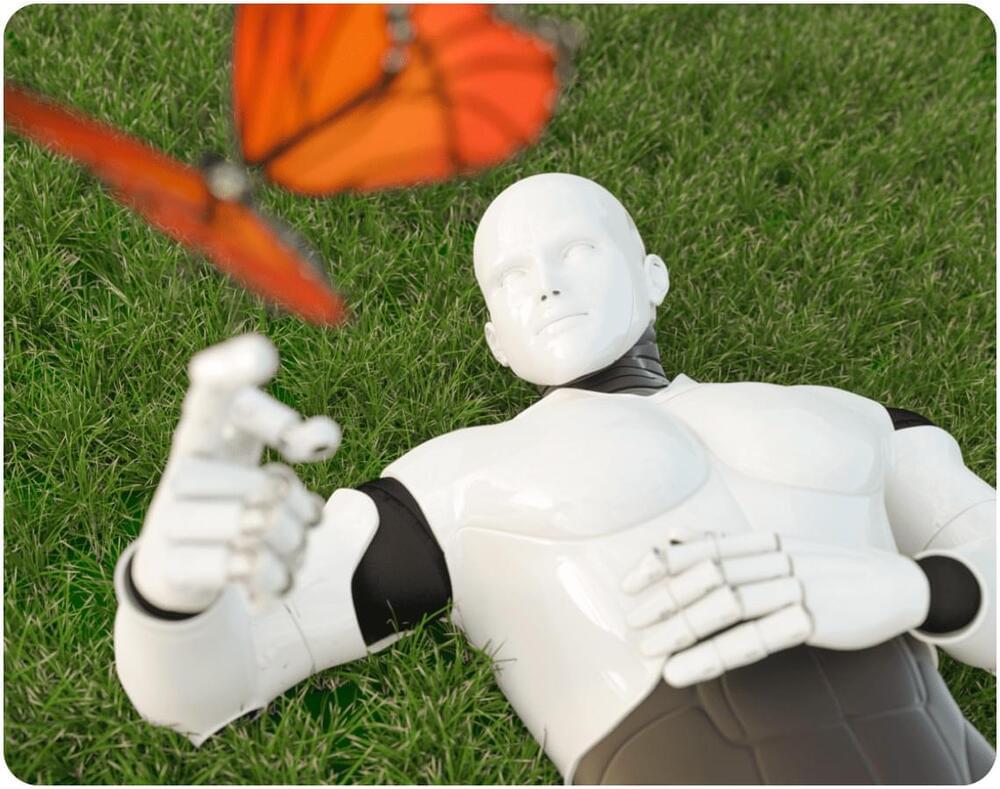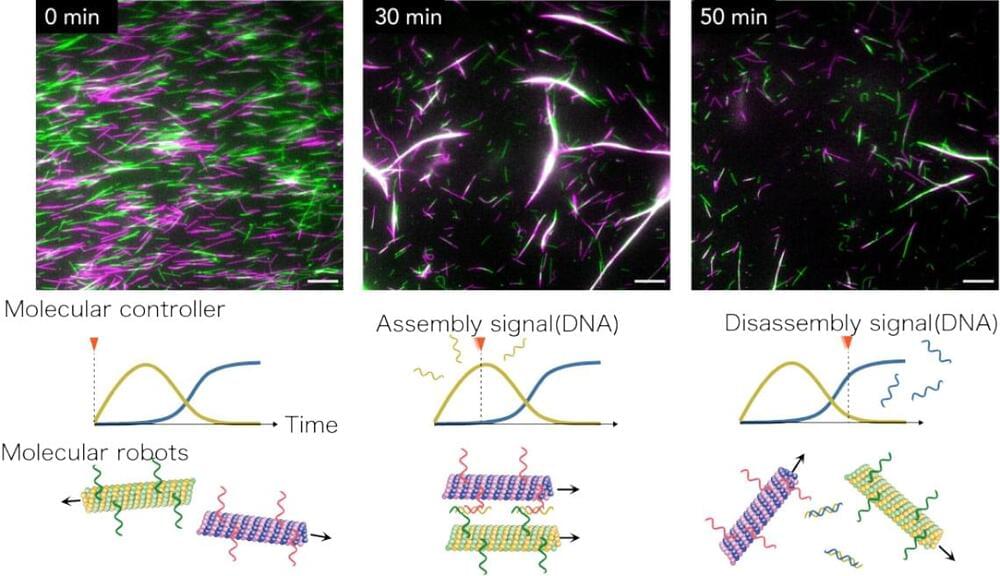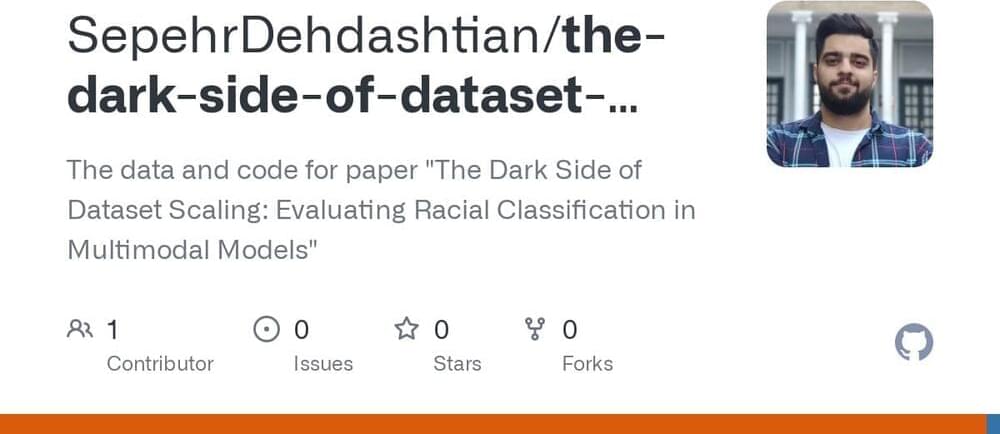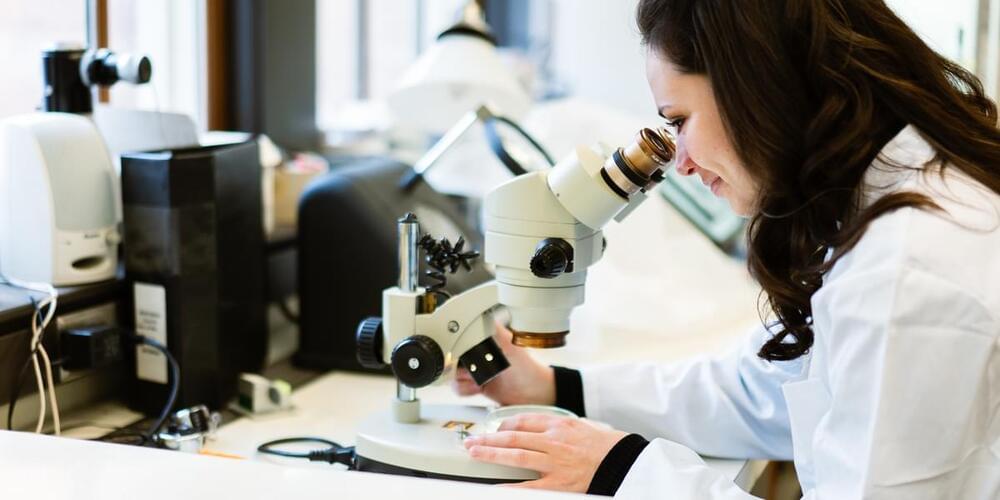Jun 16, 2024
Using Wobbling Stellar Material, astronomers measure the Spin of a Supermassive Black Hole for the first time
Posted by Natalie Chan in categories: cosmology, materials
Astronomers at MIT, NASA, and elsewhere have a new way to measure how fast a black hole spins, by using the wobbly aftermath from its stellar feasting.
The method takes advantage of a black hole tidal disruption event—a blazingly bright moment when a black hole exerts tides on a passing star and rips it to shreds. As the star is disrupted by the black hole’s immense tidal forces, half of the star is blown away, while the other half is flung around the black hole, generating an intensely hot accretion disk of rotating stellar material.
The MIT-led team has shown that the wobble of the newly created accretion disk is key to working out the central black hole’s inherent spin.
